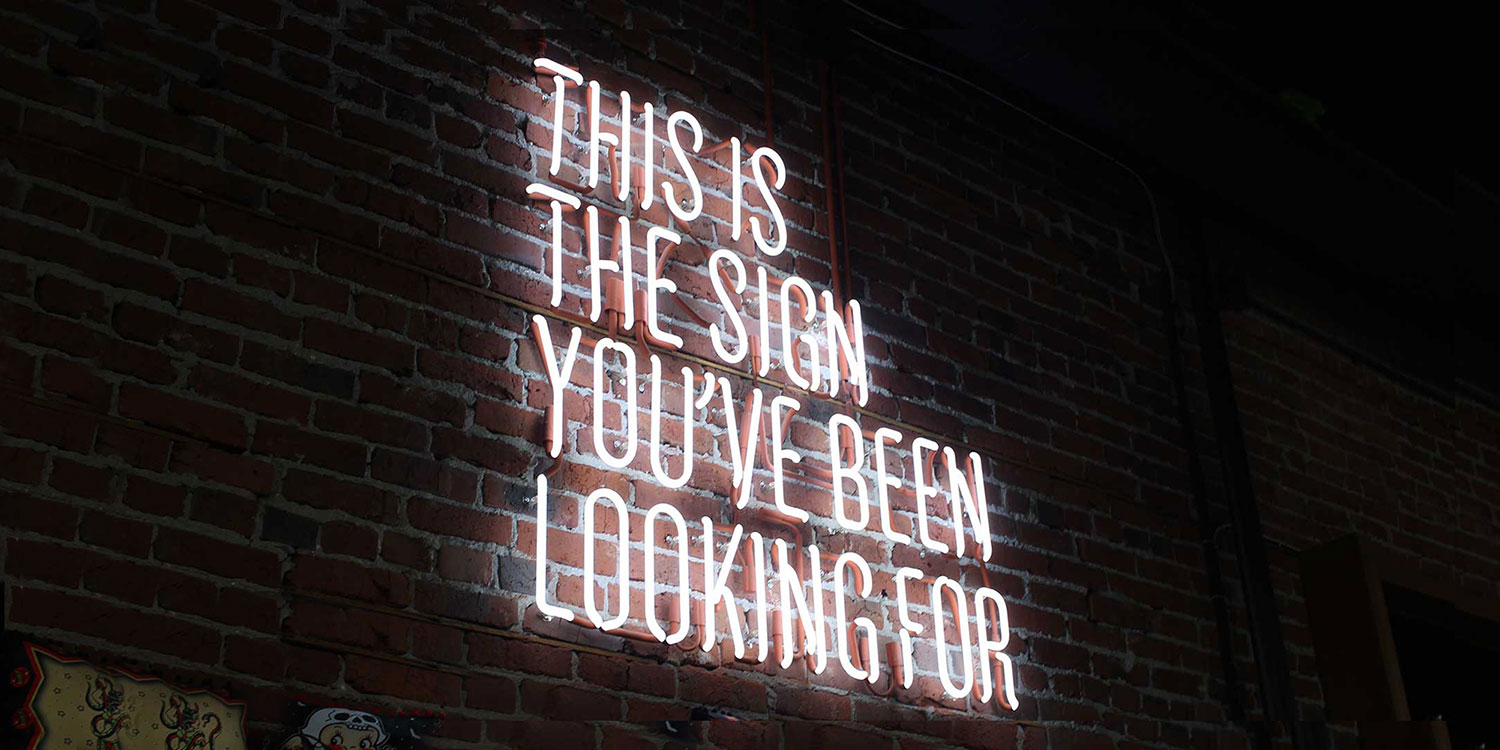Violence and disaster affect us all, even when we’re not directly impacted. Here are tips on how to cope with the news.
It seems like scarcely a week passes without a public tragedy lately. Communities are confronted by mass violence, loss, and natural disasters again and again. When you aren’t personally impacted—when you don’t experience firsthand effects or loss—you may not feel justified in being emotionally affected. But it’s very normal to have emotional responses and event trauma from public tragedies. Numerous studies have linked the stress caused by disastrous events to substance use and heightened risk of relapse for those in recovery. So it’s wise to safeguard your sobriety and batten down the hatches on your mental health in general.
Let it out
Don’t keep your thoughts and emotions pent up. Acknowledge the feelings you have related to the event, without judgment. Remember, there is no “right” way to feel, and it’s normal to experience both guilt and relief at not having been directly affected. The key is to pay attention to your emotions, so you can work through them healthily. The only way “out” of emotions is to go through them, so take the time to find an outlet.
Tips for letting it out:
- Journal about the event.
- Express your feelings through art, dance, or song.
- Attend a support group.
- Talk it over with someone you trust, like a friend, counselor, or therapist.
- Engage in spiritual or religious practice .
- Channel your emotions into physical activity like running, swimming, boxing, visiting a rage room, etc.
Let it go
Not to be confused with complacency or approval, letting go is about recognizing and accepting what you can’t control. What does that include? Well, basically, everything that does not involve your own mindset and behavior.
Tips for letting it go:
- Meditate or do mindfulness practice.
- Write down uncontrollable things and burn them or put them in a higher power box to symbolically “let them go.”
- Read or listen to stories about people who have found acceptance (there are some good TED Talks on this).
- Recite an acceptance mantra or the Serenity Prayer.
Take Action
You’ve let go of what you can’t control, now focus on what you can. What are some useful actions you can take in the wake of the event? Can you write victims or their families supportive letters? Donate to a related cause? Give blood? Be a political advocate? No matter how small, taking altruistic action can help combat the hopelessness and despair surrounding tragedy.
Tips for taking action:
- Make your action altruistic, not fear-based (no this is not the time to build your nuclear mini-shelter); make a big list of all the potential options and get cracking!
- Check out serve.gov for national and community service initiatives
- Volunteermatch.org lets you search for opportunities in your area based on the interest you’d like to become involved with.
Take Care of Yourself
Don’t neglect the basics, like getting solid sleep, eating well, taking your medications, tending to your finances, and making sure to fit time in for physical activity and fun. It might feel awkward to go about your typical routine in the wake of a tragedy, but know that you cannot take care of others without taking care of yourself first.
Tips for taking care of yourself:
- Consider times when you have neglected your self-care. What was the first thing to go? Make a checklist of the important things that need extra attention during stress. Then, cross these things off your list first.
- Tune out for a bit. Obsessing over the news or doom-scrolling isn’t going to help you or anyone else.
- Avoid making major decisions under emotional turmoil, like relationship or career decisions.
- Steer clear of situations, people, and places that trigger you to drink or use. Your recovery doesn’t need that added pressure right now.
Find Hope
Like action, a little hope goes a long way, both at the individual level and for humanity at large. If you find yourself going down a dark spiral of news-reading, try to find the hope and humanity in the tragedy. Make a list of all the good people out there, both public figures and in your own personal world. Double down on your efforts to remind yourself of the good in mankind and the world.
Tips for finding hope:
- Create a hope file of inspirational stories, pictures, and quotes.
- Ask somebody you admire to share who or what they admire and find hope in.
- Make a gratitude list of 10 things you’re grateful for.
- Make a “looking forward to” list of 10 things you’re looking forward to (can’t fill it up? Time for some scheduling!).
- If you’re a reader, pick up something with a hopeful theme: The Power of One, Tuesdays with Morrie, religious literature if that’s your thing. More of a movie or podcast buff? Same goes, listen to hope-inducing podcasts.
- Take a walk in nature and admire what the world has to offer.
- Spend time with children or animals, and appreciate their wonder and simple enjoyment of each moment.
This is by no means a complete list, but it’s a start. And if you find something not on this list that works well for you, share it (in conversation, on social media, in groups)! People cope effectively in a myriad of different ways and by sharing what works for you, you’ll help someone else.








